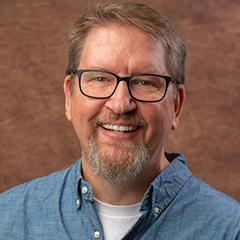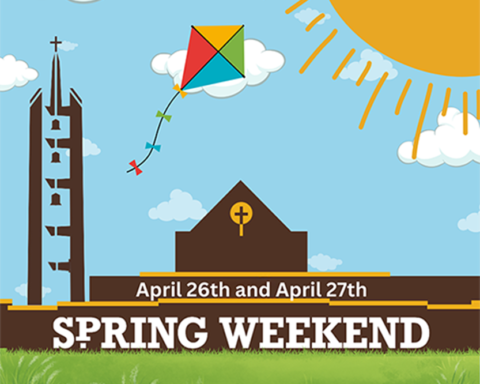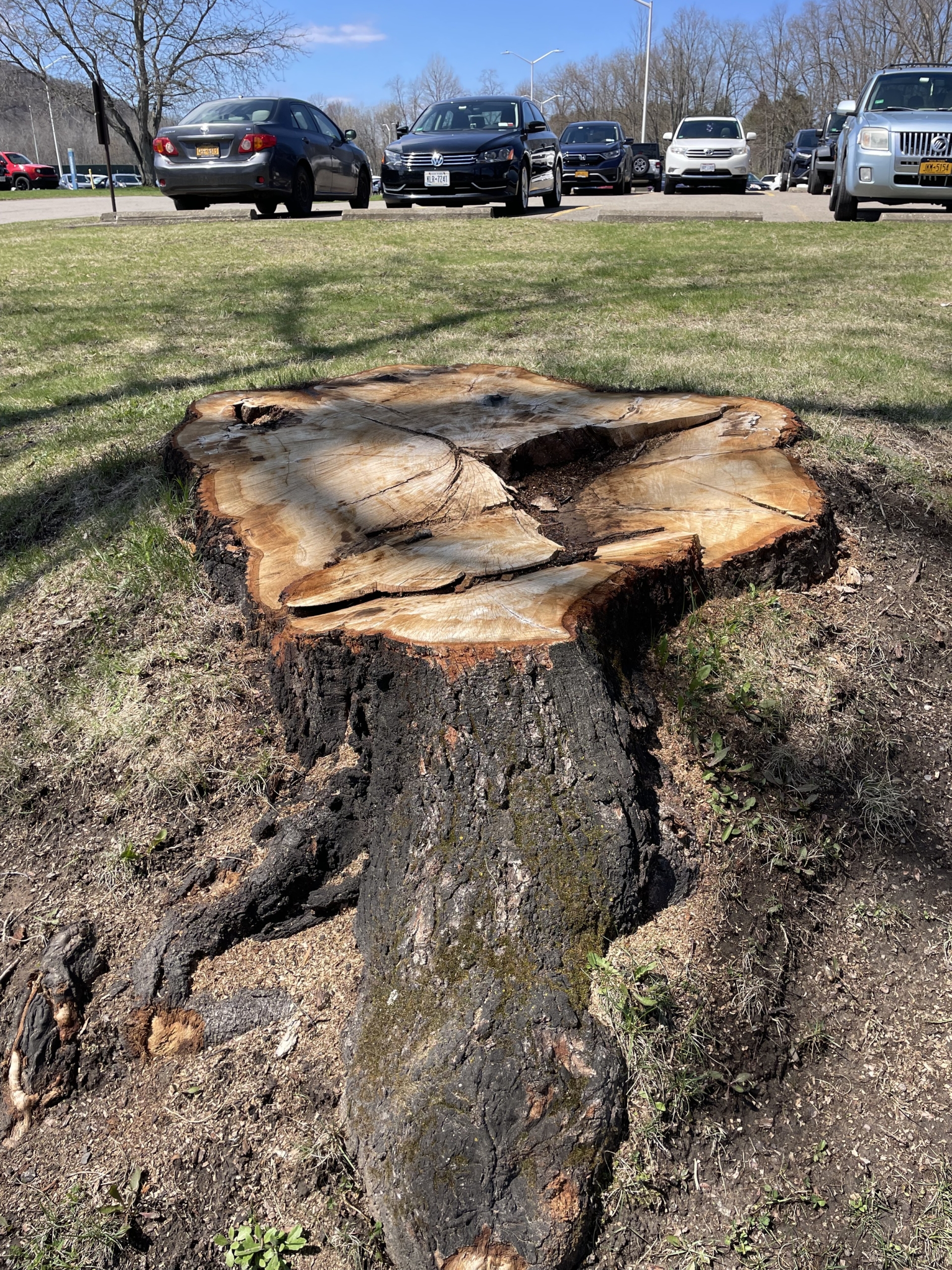Dr. Chad Luke
Courtesy of: St. Bonaventure University’s website
BY: MORGAN KILGER, NEWS EDITOR
When Chad Luke, an associate professor of counselor education at St. Bonaventure University, sat down to write his latest book, he knew he wanted to help others. Luke decided to write a guide for professionals on helping those who struggle with substance misuse.
“My goal is to inspire helping professionals explore working with this population, as the need is great,” said Luke.
The book is called “Substance Use and Misuse: A Helper’s Guide to Neuroscience-based Treatment”.
This is Luke’s eighth book. Luke’s other books Neuroscience for Counselors and Therapists: Integrating the Sciences of Brain and Mind” (2nd ed.), “Neuroscience for Child and Adolescent Counselors,” “Essentials of Career-Focused Counseling: Integrating Research, Practice, and Neuroscience,” “Practicum in Counseling: A Developmental Guide,” and “Counseling Children and Adolescents: Cultivating Empathic Connection.”
Luke’s intentions are to make the process of helping this population less intimidating for those who are counselors or professionals in the field, said Luke.
Luke’s source of inspiration for this book came from his experience being a substance misuse counselor. He had been a licensed counselor for 20 years and saw other counselors struggle with the substance abuse population.
“Many counselors and helping professionals struggle with this population, as there is tremendous social and medical stigma toward them,” said Luke. “I also want to make the work clear and possible, so that it is less intimidating.”
The stigma for those with substance misuse is that those who struggle are dirty, weak or dangerous, said Luke. This would cause those who are struggling to reach out for help due to a fear of being judged.
To combat the stigma of substance misuse, Luke is using a science-based approach in his guide. He is using an approach with neuroscience, despite Luke not being a neuroscientist.
Luke uses this approach due to his previous writing in neuroscience and mental health.
“I am not a neuroscientist so it was important to write to non-neuroscientists in a way that got them excited about this,” said Luke.
According to Luke, he wrote the neuroscience portion in a way that non-neuroscientists could understand the content and want to incorporate it into their work.
“It was of great importance to write in a conversational tone that inspires helping professionals to integrate this material into their practice,” said Luke. “I’ve been writing about neuroscience and mental health for over a decade and it was vital to this work that neuroscience was used to underpin it.”
The opening chapters of the book pertain to historical, social and political context and a review of ethics and culture in substance use and treatment and information about neuroscience essentials and how drugs affect the brain, said Tom Missel, chief communications officer, in a Noticeboard announcement.
Some chapters discuss the various dimensions of substance misuse, treatment approaches, motivational interviewing, and mindful interventions. Other chapters cover the dimensions of substance misuse and the neuroscience of helping. The processes of screening, assessment, diagnosis and referral are also discussed, said Missel in a Noticeboard announcement.
According to Luke, the book is aimed at undergraduate and graduate students. The national launch for the book is April 12, 2024.
kilgermi22@bonaventure.edu





